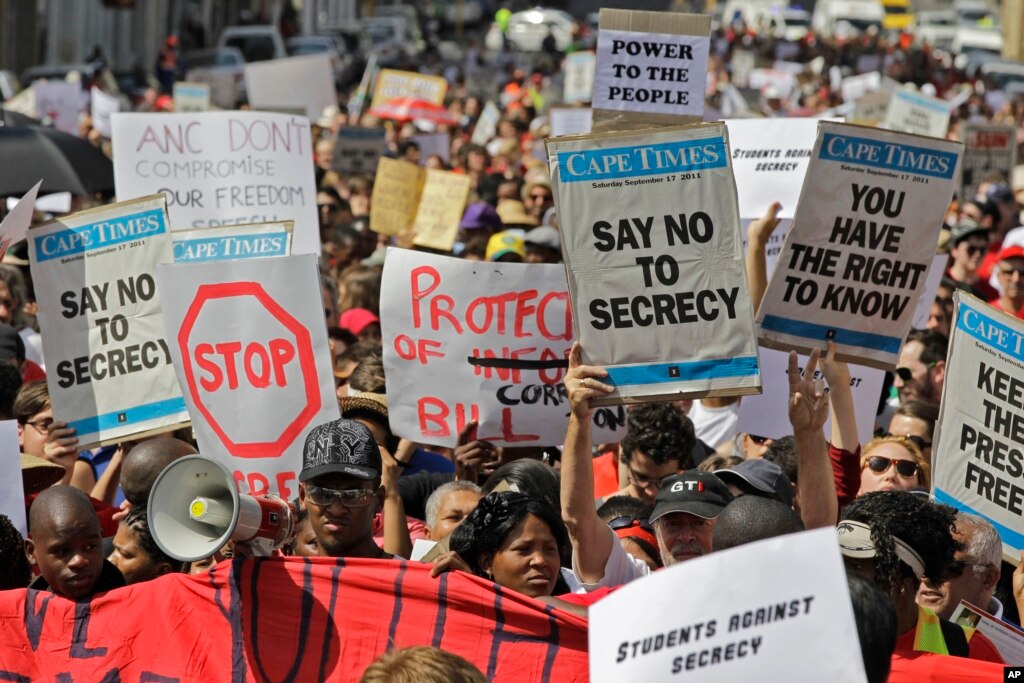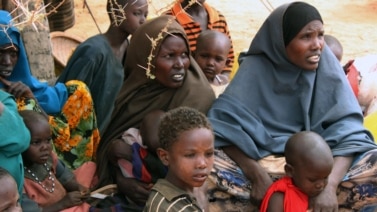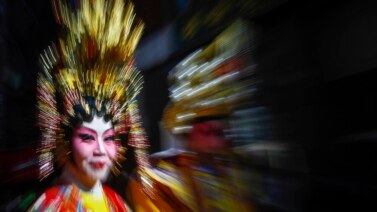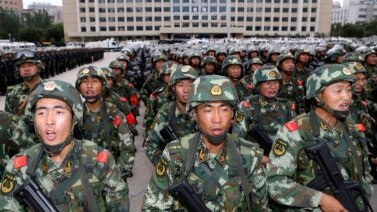
From VOA Learning English this is As It Is. I’m Marsha James.
Welcome to the show. Today we talk about a push for laws to protect every individual’s right to know about government operations. Some groups say governments are more honest when everyone is permitted to demand information. Then we tell you about an artist in Egypt.
International Right-To-Know Day
September 28 is International Right-To-Know Day. The day celebrates the successes of activists who work to create and strengthen freedom of information laws. Activists around the world have organized celebrations and educational events to explain the importance of such laws.
More than 90 countries now have legal protections to force openness in government operations. Activists say the right to know is very important. They say efforts to end poverty will only succeed by ending corruption. And, they say, corruption can only be ended by establishing and enforcing the right to know.
One group of activists is Transparency International. Transparent means clear. The word transparency is used to describe honesty and openness in an organization.
Transparency International says government defense contracts are one area of special concern. It says the risk of corruption is high when agreements involving large amounts of money are signed. It says secret defense budgets and a lack of information increase the likelihood of dishonest deals. Transparency International is calling for changes and a requirement for full information on weapons deals.
In July, a group called The Freedom of Information Advocates Network published the Global Right-To-Know Information Report. The report examines legal protections in countries around the world.
The report explains legal conditions, notable success stories and lessons learned during campaigns for the right-to-know.
The report rates each country on whether its legal protection of the right to know was strong or weak, or did not exist. The report describes differences between areas. It says that in Europe and North America, the greatest need is to defend the right to know. While in many other areas, the need is to establish a right to know.
On Friday, International Right-to-Know Day activities took place in Washington at the American University’s Washington College of Law. College officials invited people to come and learn about the history of America’s Freedom of Information Act. The law requires government to answer requests for information.
Egyptian Artist Documents the Troubles in His Country
Mohamed Abla has been commenting on Egyptian politics for many years. The award-winning artist lives on an island in the Nile River, surrounded by the city of Cairo. He now says recent political events have changed his art. Mario Ritter has our story.
All day long, a little boat carries passengers back and forth from the Cairo mainland to the island of Qorsaia. The trip costs less than 15 cents each way. Qorsaia is both in the center of the city and worlds away.
Mohamed Abla has a house on the island. There he creates artwork that has been shown both in Cairo and overseas.
He says that in recent years his artwork has changed – just like many other parts of Egyptian culture. The art is now based mostly on politics and the struggle to create a free, productive society out of disorder.
“I hope that we are going to develop our own democracy. Our own I idea. An Egyptian way of doing democracy.”
In June, the artist stood with protesters demanding the fall of the Muslim Brotherhood-led government. He says the Brotherhood was working to suppress free expression. But he says the arrest of its members will only increase tensions.
“Now part of the Egyptian society has been discussing that we are not going to get rid of Muslim Brothers, all. We have to accept that there are young Muslim Brothers and some people that were not part of the violence.”
He also says military rule will no longer work in the country. He notes that mass protest have become a part of Egyptian culture since the ouster of President Hosni Mubarak in 2011.
Mr. Abla also works in another office in downtown Cairo. He rented it in 2011 to be close to the revolution.
Before that time, he says, Egyptian art reflected traditions and style like those in his “Nostalgia” collection. In his studio today, he creates more political work that documents the trouble in Egypt.
“This changed the arts very much. The people who used to make arts in a usual traditional [way]-now they do nothing because it is over now. Now is the time of art that moves the people. Art that is reflective of the situation.”
In his most recent artwork, Mohamed Abla documents protests in Tahrir Square during the past two and a half years.
In one piece, the pictures are hung on strings, instead of being pasted together. This, he says, is to show his displeasure in the commonly held belief which says, “Don’t hang your dirty laundry.”
The artist says revealing your “dirt” publicly is a part of the path to freedom. I’m Mario Ritter.
And that’s As It Is for today. I’m Marsha James. Thanks for joining us.





